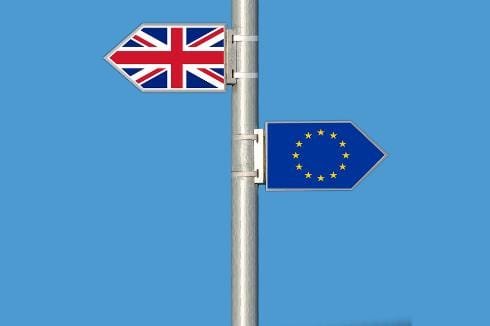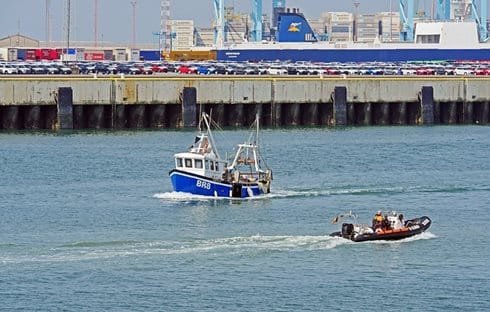With the UK’s scheduled departure date from the EU just around the corner, businesses across the country have been taking concrete steps to protect themselves from disruption, particularly in the possible event of a “No Deal” exit.
The Independent reports that in the last few months, in particular, have seen a flurry of activity across all major industries, from pharmaceuticals to housebuilding, as companies seek to mitigate potential damage. Drugs companies are stockpiling materials, airlines are negotiating bilateral travel agreements, and financial bodies are setting up branches in Frankfurt, Amsterdam, and Dublin in order to retain access to the Single Market.
For land-based businesses, another hedge against Brexit uncertainty is to move some or all of your operations into the digital realm, here’s why.

Reducing Export Restrictions
One of the greatest concerns for businesses, particularly giant manufacturing companies like Jaguar Land Rover, is the potential restrictions on exports that may arise from Brexit. Physical exports may be liable for tariffs and complicated customs arrangements in the future, so going digital is a way to avoid or reduce these costs and complications.
Businesses working within the entertainment sector would benefit the most from this. The nationwide gaming company Buzz Bingo is an example of how such businesses can diversify into both digital and physical products, with the company offering a range of online bingo and slot games alongside their physical venues. Offering certain services and products online helps reduce the possibility of facing restrictions further down the line.
Protection Against Labour Shortfalls
Another benefit of moving parts of your business online is the labour-saving element of it. With all sectors facing labour shortages as Brexit reduces the number of EU foreign workers coming to the UK, the digital realm can help automate processes and reduce the need for both skilled and unskilled labour.
Major agricultural businesses such as Frontier Agriculture have responded to worker shortages by moving more of their bureaucratic and monitoring duties online, where the same work can be performed by much fewer workers. Moving parts of your businesses online also means that more work can be conducted remotely from anywhere in the world, allowing EU workers to participate in the UK economy without actually being present in the country.

Reducing Potential Costs
Regardless of how Brexit shapes out, digitisation has a number of cost-efficiency benefits which all sectors should be considering. With the withdrawal process already causing a spike in inflation which has pushed up business costs, any and all cost-reduction strategies should be taken seriously.
For example, moving your retail business from a physical shop to an e-commerce platform, as successful companies like Boohoo and Ocado have done recently, can reduce running costs significantly. Storage space will still be a major consideration, especially with warehouse space being at such a premium at the moment, but moving all other operations in the digital realm can act as a secure protections against Brexit uncertainty.
There may be no way to completely Brexit-proof your business, but taking steps such as these can help make sure disruption to trade is minimal, whatever happens in 2019.







